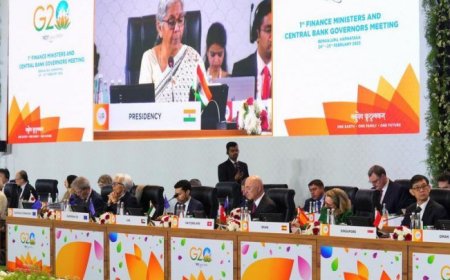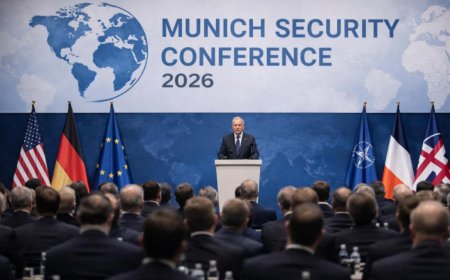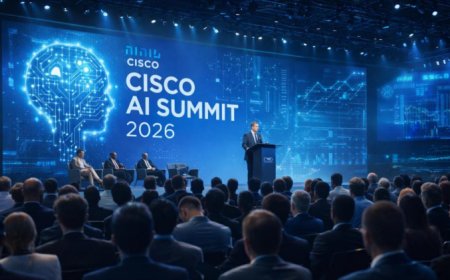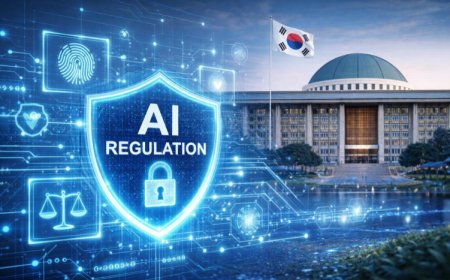U.S. CEOs Forge Strategic Ties with President-Elect Trump to Drive Business Growth and Policy Collaboration
U.S. CEOs Forge Strategic Ties with President-Elect Trump to Drive Business Growth and Policy Collaboration
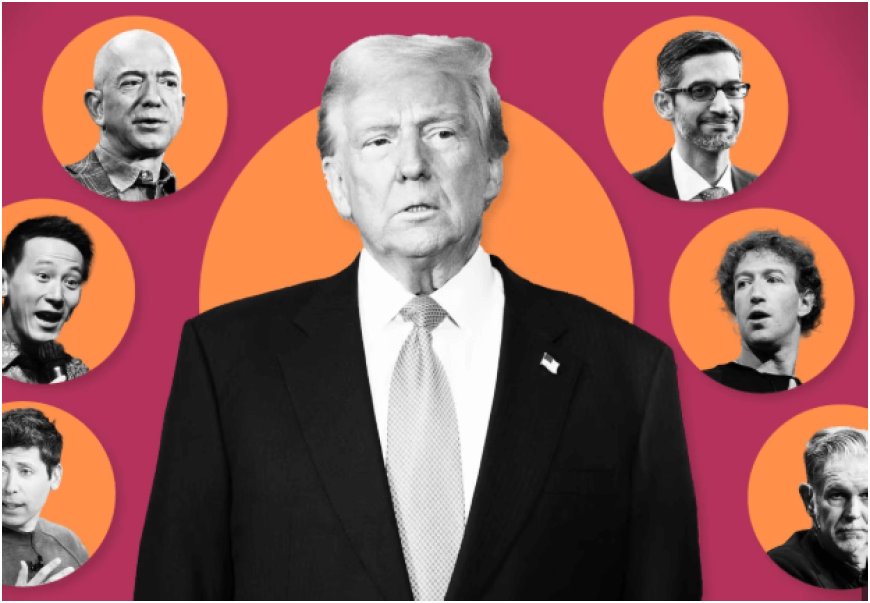
U.S. presidential election, a wave of interest has surged among top executives from the country’s largest corporations.
As the nation prepares for a transition in leadership, the business community is navigating uncharted waters, seeking to establish a rapport with the President-elect and understand the implications of his policy agenda. U.S. CEOs from major companies across diverse industries, including giants like Netflix and Amazon, are making overtures to Trump, signaling the importance of collaboration and dialogue as they anticipate significant changes in the regulatory and economic landscape.
These meetings reflect more than just a ceremonial introduction; they represent a strategic effort by business leaders to influence and adapt to the priorities of the incoming administration. Trump’s campaign was marked by bold promises on trade, taxes, healthcare, and technology, areas that are deeply intertwined with corporate interests. Executives are keenly aware that these policies, once enacted, could reshape their operational environments. The proactive approach highlights the high stakes involved and underscores the urgency of ensuring that their industries are well-positioned to thrive under the new administration.
For companies like Netflix and Amazon, whose business models rely heavily on technology, innovation, and global connectivity, the stakes are particularly high. Trump’s rhetoric on trade and immigration has sparked concerns about potential restrictions that could disrupt supply chains, talent acquisition, and international market access. These concerns are amplified by his administration’s potential stance on issues like net neutrality, data privacy, and digital commerce, which are crucial to the growth of the tech sector. Engaging directly with the President-elect offers an opportunity for these companies to advocate for policies that support innovation and competitiveness.
The meetings also provide a platform for executives to address concerns about regulatory reform. Trump has frequently criticized what he views as excessive regulation stifling business growth. His promises to roll back regulations, particularly in industries like energy, finance, and healthcare, have been met with mixed reactions. While deregulation could reduce costs and foster innovation, there is apprehension about the potential consequences for consumer protections, environmental standards, and market stability. By engaging with Trump, U.S. CEOs hope to strike a balance that promotes growth while maintaining safeguards that ensure sustainability and fairness.
Another critical aspect of these engagements is the opportunity to discuss tax policy. Trump’s proposals to cut corporate tax rates and incentivize the repatriation of overseas profits have generated considerable interest in the business community. Lower tax rates could provide a significant boost to profitability, while repatriation incentives might unlock billions of dollars currently held offshore. However, the specifics of these policies remain uncertain, and businesses are eager to understand how they will be implemented and funded. By participating in these discussions, executives can provide insights into how tax reforms could be structured to maximize their benefits while minimizing unintended consequences.
The healthcare sector is also closely watching these developments. Trump’s promise to repeal and replace the Affordable Care Act has created uncertainty for companies operating in this space. Pharmaceutical firms, insurers, and healthcare providers are assessing how potential changes could impact their business models, pricing strategies, and market dynamics. Engaging with the President-elect allows these companies to contribute to the dialogue and advocate for reforms that balance cost containment, innovation, and accessibility.
The meetings are not without their challenges. Trump’s unconventional style and polarizing rhetoric have sparked controversy and skepticism among some business leaders. Balancing the need for constructive engagement with maintaining corporate values and reputations is a delicate task. For companies that have faced criticism for offshoring jobs or benefiting from globalization, these interactions also present an opportunity to demonstrate their commitment to supporting American workers and contributing to the domestic economy.
As these discussions unfold, they also reflect a broader trend of increasing collaboration between the private sector and government. The rapidly evolving global economy, driven by technological advancements and shifting geopolitical dynamics, has blurred the lines between public and private interests. Businesses recognize the importance of partnering with policymakers to address complex challenges and seize opportunities for growth. The meetings with Trump represent a continuation of this trend, highlighting the interdependence of government and industry in shaping the future.
In the coming months, the dialogue between Trump and corporate leaders will likely intensify, covering a wide range of topics from trade and infrastructure to education and workforce development. These discussions will shape the policies and priorities of the administration, influencing the trajectory of the U.S. economy and its role in the global marketplace. For the business community, this is a time of both uncertainty and opportunity, a chance to help shape the future while navigating the challenges of a rapidly changing world.
The engagement between U.S. CEOs and U.S. President-elect Trump marks a critical moment in the intersection of politics and business. It highlights the interconnectedness of these spheres and the importance of fostering constructive relationships to achieve shared goals. As the nation embarks on a new chapter under Trump’s leadership, the outcomes of these discussions will be closely watched, offering insights into the evolving dynamics of power, influence, and U.S. economy collaboration in the 21st century.











